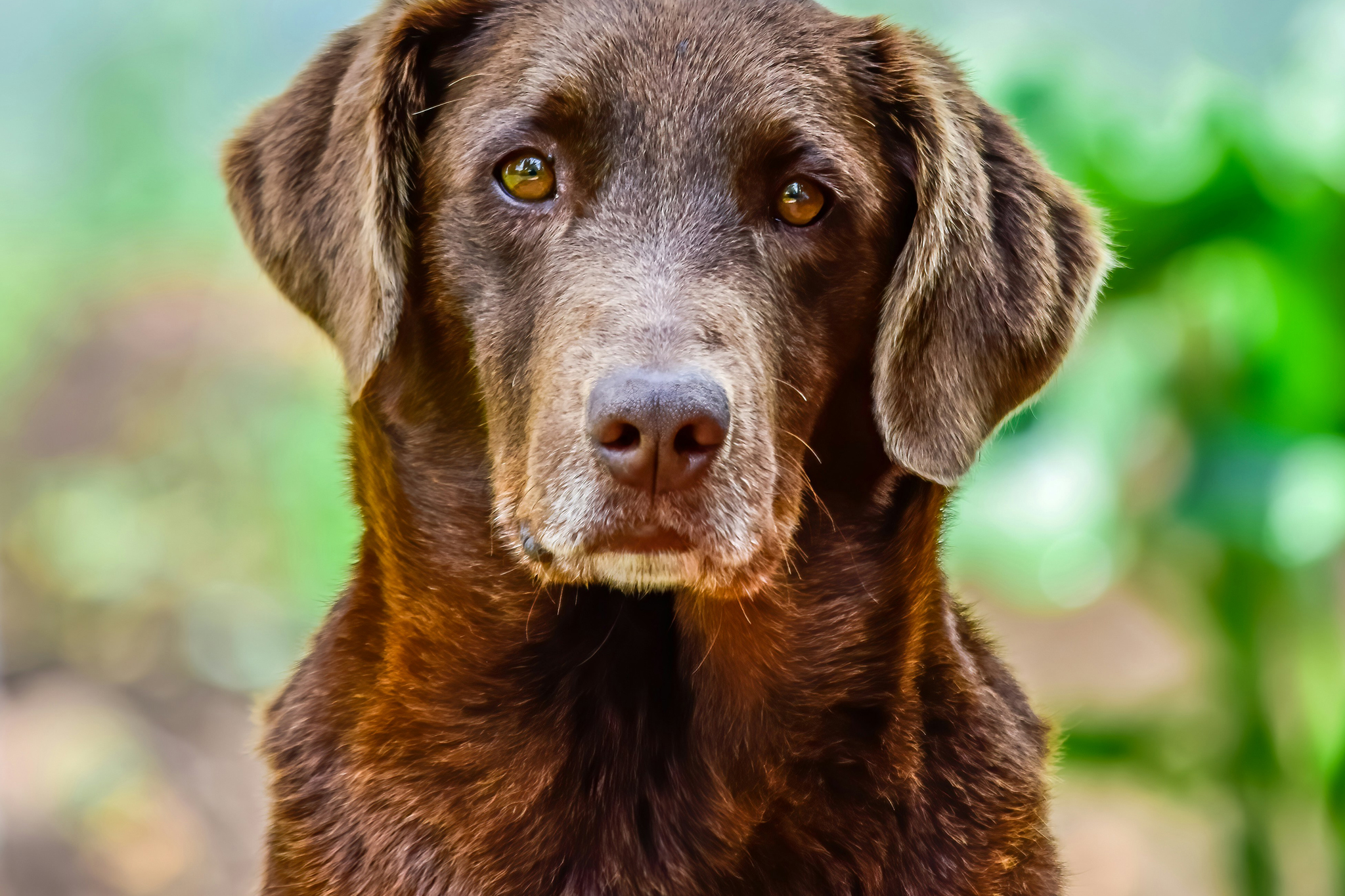Dogs can form deep bonds with their family and friends, including other pets. There is no scientific evidence that suggests animals understand the permanence of death or feel grief, but many are affected by loss and experience feelings of sadness and loneliness. While no proof exists that animals experience grief, we do know that many animals can experience distress when separated from companions.
How to support your dog after losing their beloved friend
When a pet that your dog has spent a lot of time with passes away, your dog may become anxious and clingy or may even appear depressed. This could be because their routine has changed, they may be missing their friend, or it may be that your behaviour has changed because you too are grieving. You may find that your dog is unaffected by the loss and shows no signs of distress or anxiety.
The best thing to do is monitor your dog for any changes in behaviour.
Signs of separation anxiety include;
- panting
- pacing
- drooling
- whining
- howling
- barking
- loss of appetite
- loss of interest in playing.
- change in sleep patterns
- seeking behaviour
- waiting
- a need for extra attention
- a generally sad demeanour.
Things you can do to help your grieving dog
- Stick to your normal routine – keep meal times the same and don’t change their diet. Make sure they are eating, drinking and toileting properly.
- Don’t rush to remove reminders, such as bedding and toys, of your late pet.
- If you have more than one surviving pet, watch for changes in their relationships.
- Go on lots of walks – exercise is a great stress reliever for both animals and humans.
- Don’t rush to get another dog. Dogs are sociable animals and are likely to adapt well to a new dog, but introductions should be carried out slowly and you should only get a new pet if you feel like it’s the right thing for you and your family.
- Pheromones may be helpful to calm dogs that are stressed. Ask your vet about these.
- Focus on your bond – praise your dog for calm behaviour and comfort them if they do want a cuddle. If your dog is waiting for the return of their friend, for example sitting and staring at the door – try not to fuss them while they wait but rather gently encourage them away from the waiting spot to come play, or just to be with you instead. Do more of what makes your dog happy, be it; long walks, lots of fuss, games, training, or watching telly.
The dynamic of your dog’s day-to-day life will have changed, and this can be upsetting. Likewise, some of the above-mentioned signs can be signs of physical illness unrelated to the loss. Therefore, if you’re concerned about changes in your dog’s behaviour, please call your vet to seek advice and guidance.
Support for you
It can be very distressing to watch your pet struggling with the loss of a friend. Talk to friends and family about how you’re feeling, and if you need extra support the Blue Cross Pet Bereavement Support Service can offer help and advice.



